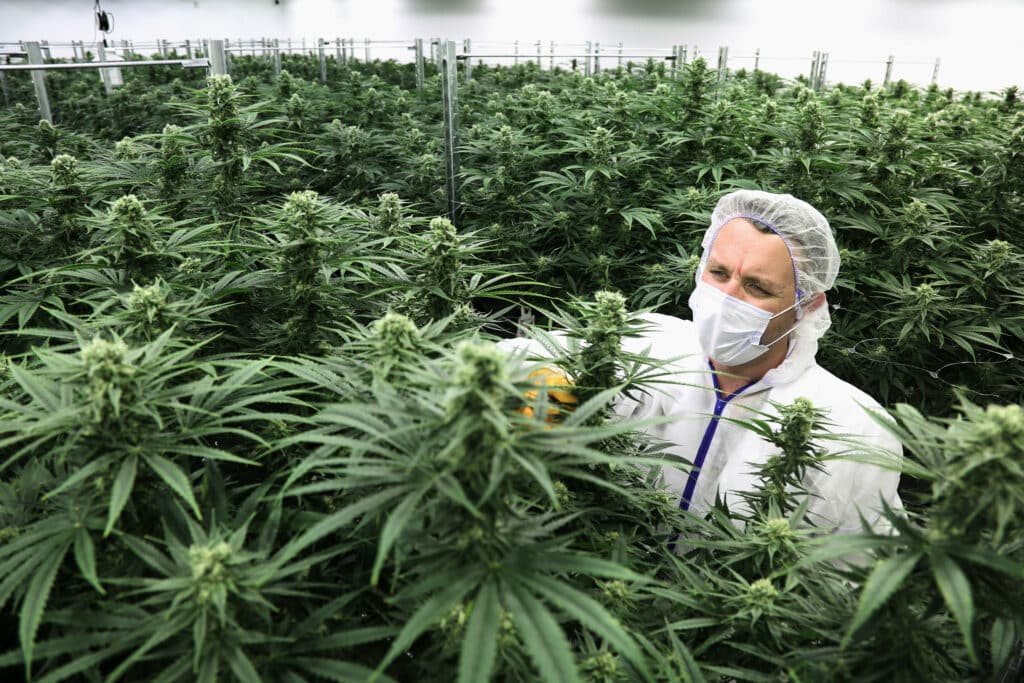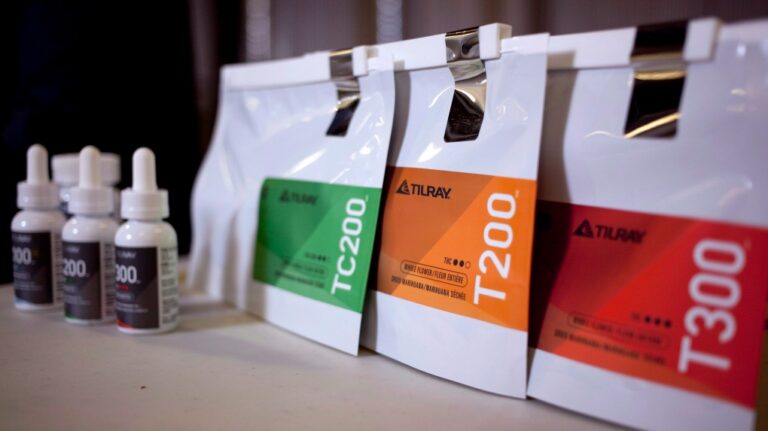Canadian cannabis License sector is currently witnessing a notable increase in the revocation of federal licenses, largely instigated by the companies themselves, as per the latest data released by Health Canada.
During the initial six months of the ongoing fiscal year, spanning from April to September, the federal agency rescinded a total of 42 licenses. This puts the industry on track to surpass the 74 licenses revoked during the 2022-23 fiscal year. In the preceding year, 50 licenses were revoked, representing a more than twofold increase from the 22 revoked the year prior.
The year 2019-20, the first full fiscal year following the legalization of adult-use cannabis, saw a mere three cannabis business licenses revoked.
This recent surge in license revocations can be attributed, in part, to the fiercely competitive and oversaturated recreational market, still striving to find equilibrium, and the challenges faced by medical cannabis-focused companies.
Although the majority of the revocations in this fiscal year have been at the request of the respective businesses, a small number were revoked in previous years due to regulatory noncompliance. For example, in 2020, the business licenses held by Alberta Green Biotech were revoked.
Furthermore, businesses are increasingly allowing federal cannabis licenses to expire. With only half of this fiscal year elapsed, 14 such permits have already expired, in contrast to the 11 licenses that expired throughout 2022-23.
Updated Official Data
A spokesperson from Health Canada emphasized that while the data reflects the number of licenses revoked, it does not necessarily equate to the number of license holders exiting the market. This is because a license holder may possess multiple licenses, and one or more of these licenses could expire or be revoked while the license holder continues to operate under the remaining licenses, remaining active in the market.
Facility closures have also been prevalent, with several large flagship cultivation facilities shutting down over the past few years. This trend is driven by businesses aiming to reduce costly production capacity in the face of a significant oversupply of low- to mid-level cannabis.
For instance, Canadian licensed producer SNDL recently closed its cannabis cultivation facility in Olds, Alberta, which had three licenses attached to it, covering medical sales and cultivation for the recreational market. Similarly, Canopy Growth Corp. shut down and sold its flagship cultivation facility in Smiths Falls, Ontario earlier this year, also holding permits for medical sales and general cultivation. Nevertheless, Canopy remains a significant player in the medical cannabis sector, with medical sales of CA$14.4 million in the April-June quarter.
Industry Momentum
The increased number of licensee exits is also a reflection of the declining number of medical patients purchasing cannabis through medical channels, posing significant challenges for entrepreneurs in this subsector of the cannabis industry. When Canada legalized recreational cannabis in 2018, there were 345,520 active medical client registrations with federal license holders. By 2023, this number had dwindled to 212,700, marking a 38% decline.
A parallel decline is evident in medical sales. In 2019, sales of Canadian medical cannabis amounted to CA$603 million, according to Statistics Canada data. However, from mid-2022 to mid-2023, covering the most recent four consecutive quarters of data, sales plummeted to CA$381 million, marking a 37% decline.

New Economic Reality
Erin Prosk, president and co-founder of the Santé Cannabis medical dispensary in Quebec, pointed out that some smaller companies sought medical sales licenses in an attempt to circumvent the challenges of the recreational market. However, she noted that many of these companies struggled to make substantial sales in the medical sector. Prosk suggested that there has been an increase in medical cannabis use among consumers who initially purchased marijuana for medical purposes through the recreational market.
With the proliferation of over 3,500 recreational cannabis stores in Canada since 2018 and adult-use prices decreasing faster than those for medical marijuana, Prosk emphasized the importance of introducing pharmacy access alongside retail stores to provide a different narrative.



